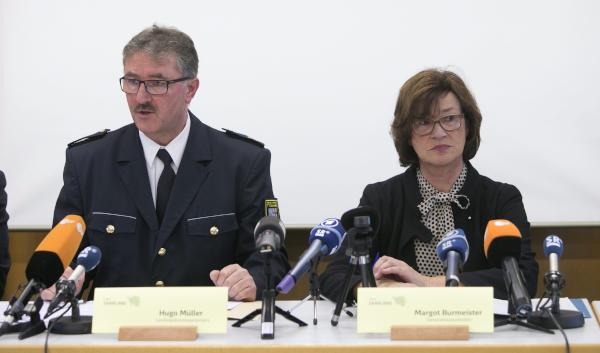A Syrian immigrant who arrived in Germany two years ago has been arrested under suspicions of attempting to secure funds for the terror group ISIS to drive truck bombs into a crowd, a German state prosecutor’s office said on Monday. The man has admitted to contacting ISIS, but denied he had any plans to stage an attack.
Prosecutor Christoph Rebmann said the man, whom he did not name, was suspected of seeking the money from ISIS in Syria to buy trucks and load 400-500 kg of explosives into each of them.
According to Reuters the suspect was taken in after a horrific attack two weeks ago when a Tunisian whose asylum request had been rejected rammed a truck into a Berlin Christmas market, killing 12 people. The man, Anis Amri, 24, was later shot dead by Italian police.
“He is suspected of … requesting 180,000 euros from a contact person in Syria on his cell phone from Saarbruecken in December, 2016 so that he could acquire vehicles to pack with explosives and drive them into a crowd,” Rebmann said in a statement.
In the latest case, the prosecutor in the western city of Saarbruecken said the 38-year-old Syrian was detained on Saturday and a formal arrest warrant was issued on Sunday on suspicion that he was trying to raise 180,000 euros ($189,000) to fund an attack.
“He said he wanted the money from ISIS to support his family back in Syria,” Rebmann told Reuters, adding that the Syrian had said he wanted to fool the jihadist group into sending him the money.
The Syrian came to Germany on Dec. 5, 2014, just before a wave of more than 1.1 million asylum-seekers arrived from the Middle East, Africa and Asia in 2015. He was given permission to stay in Germany on Jan. 12, 2015.
Chancellor Angela Merkel, who made the now-controversial decision to open the country’s borders to refugees in September, 2015, described ISIS-styled terrorism on New Year’s Eve as the greatest test facing Germany.
She has also said she is sickened by the prospect that refugees Germany has tried to help could stage attacks.
Political analysts, conservative allies and diplomats have said a major attack could damage Merkel’s hopes of winning a fourth term in September’s election. The far-right Alternative for Germany (AfD) party has blamed her policies for the Dec. 19 Berlin attack.
More so, last October a Syrian refugee committed suicide in prison after being arrested on suspicion of planning an attack on a Berlin airport.
